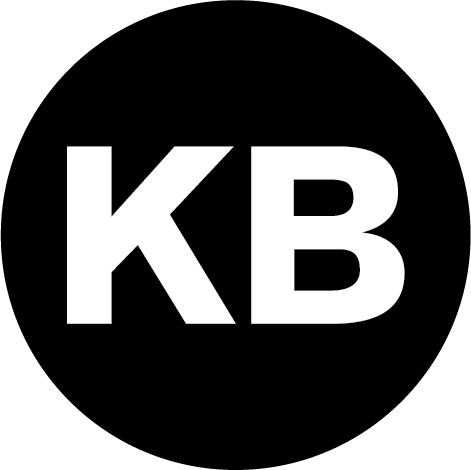A few things we can all learn from Oprah
The text below is something that I wrote and shared on my Medium account on December 28, 2016. This post resonates with me a lot - It is a reminder that Black women and women of color are powerful. Our resilience is our superpower. I'm sharing this again here as my first post on this site - feel free to share and comment!
Like most Millenials, I’m a cord cutter. I don’t own a TV and the little bit of cable entertainment I do get is via streaming on-demand services. I’m your typical busy Brooklynite so my entertainment, news, and all things culture typically come from the internets — blogs, viral news links, online radio, and of course, podcasts.
On my journey to Philly from Brooklyn for the holidays I stumbled upon a podcast I hadn’t heard of: “Making Oprah.” Ironically, it’s the story of a TV revolution told by Jenn White and produced by Colin McNulty, both of WBEZ Chicago. It’s a captivating story of how a self-proclaimed overweight Black woman took over daytime television and became, I would argue, the most powerful woman in America.
The first episode takes Oprah fans back through the time lapse of what became the world’s biggest daytime TV show phenomenon. As a latchkey kid growing up in the 90’s in a single-parent home, The Oprah Winfrey Show was my after-school special. The Show was my babysitter between the hours of 4 and 5pm until my mother came home from work, and Oprah herself, a special fairy godmother of sorts.
As I listened to the podcast I began to learn about what made Oprah successful in a male-dominated daytime television culture. The secret of the show’s success became apparent to me very quickly. Here’s why…
I work at a company called August. We are an organizational design consultancy and we work with big corporations to change their company culture in order to make teams more creative, self-managing, and productive. From the work I’ve done in the first 8 months with the company, I can honestly say that what we’re doing is working and frankly, there were a lot of similarities between the Oprah show then and what we’re trying to do today.
As the Oprah show kicked off in 1986, she and her small team of 4 producers explained their working dynamic in a series of inspiring interviews: They made no plans nor developed a strategy. The women crafted an inspiring mission — “Live your best life.” They admitted to making things up as they went along. The producers didn’t publicize, instead they let the work speak for itself. The team followed their instincts and the instincts of other women. They worked in a small room and formed an intense relationship often characterised as a “cult,” which really meant they loved their work and working together. They were a unit, a team, and they had no idea the impact they would have on history.
These characteristics, rather, their ingredients of success, very strongly align with what we’re selling at August: small teams (5–9), strong purposeful missions, the ablity to sense and respond to data instead of building long-term plans, the idea that everyone should act as a scientist — try small experiements and learn as you go. We also teach teams to create a rhythm of regular sprints on their work; a habit of putting their work out into the world as quickly as possible instead of waiting until it’s “ready.”
Same, same. Right?
Right. These 5 women were creating a revolution on daytime TV right before the world’s eyes and they didn’t even know it. Their working style — creativity, lack of planning, trial and error, lady instincts — generated a 9–10 million viewer-a-week following by the end of 1987, making them the #1 show in television history beating all the other daytime shows during that time.
Business successes like these weren’t heard of again until the tech boom in the 2000’s with cool, sexy work places like Google, Facebook, Airbnb, and Tesla, for example (the list could go on, I know). These women, however, were self-organizing in a way that we didn’t know was special until Silicon Valley made it a thing.
At August we’ve noticed, and we’ve preached, time and time again that the future of work has strong roots growing from feminist theory: equality and respect of and for all people, inclusion for diversity of thought and experience, embracing differences as a key contributor to creativity and progress, and, as a result, crafting a new pedagogy for the development of the employee’s individual potential and subsequently the business’s potential.
Oprah and the staff at the Oprah Winfrey Show nailed it back in 1986. That small group of 5 created a culture that continued until the end of the show at Harpo Studios in 2011.
That’s cool as fuck.
So maybe our team at August has been wrong. Maybe the future of work isn’t feminine or rooted in feminist theory. What if the future of work is creating a culture that cultivates a dynamic and builds on feminist theory and embraces the notion that bringing your whole self to work is a gift? A culture where who you are outside of the office is the same you that must be brought into your work.
Perhaps, authenticity is the key unlock to the future of work.

